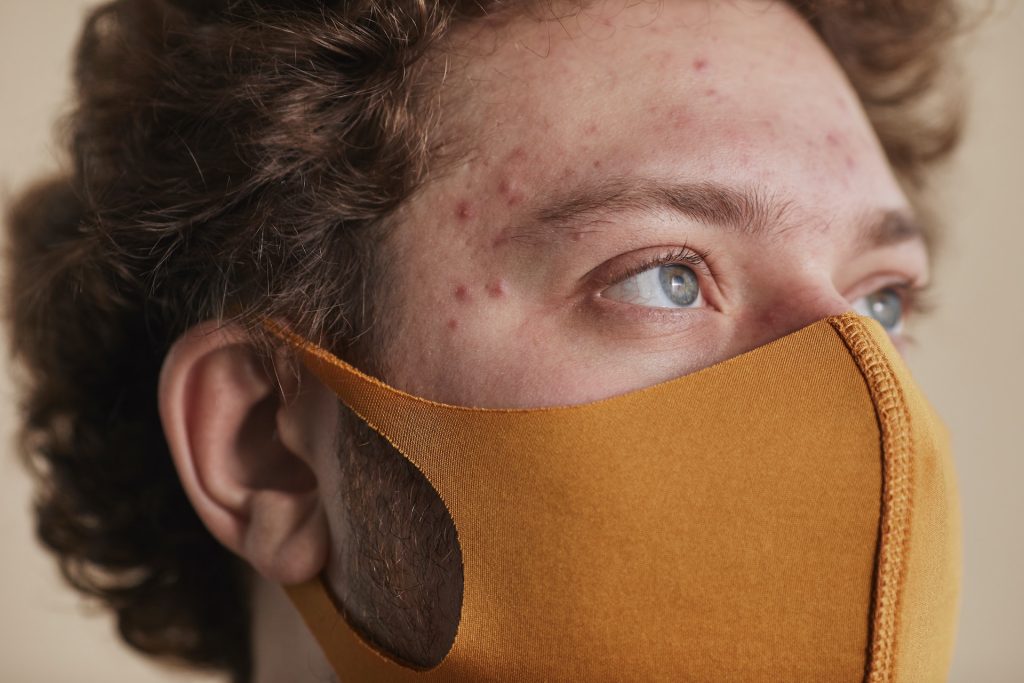Dermatology, otherwise known as the study and treatment of skin, hair, and nails, is essential to our overall skin health as it can tell us much about our overall wellness. This particular branch of medicine is as old as humanity itself, extending as far back as Ancient Egypt, where cosmetics for skin protection were created, and the Ancient Greeks who developed the first moisturizers. Today, dermatology encompasses an extraordinary range of skin ailments and beauty enhancements, extending to the study of skin cancers, conditions like eczema and psoriasis, anti-ageing therapies, and so much more.

But while dermatology is a commonplace term many of us are already familiar with, what’s mind-boggling is the sheer amount of facts that we’re still unaware of regarding this field. In this article, we will unravel some of the most fascinating, lesser-known ‘Dermatology Facts,’ that detail the fundamentals of how it contributes to the understanding and enhancement of our skin health.
Fact 1: Skin – The Largest Organ
Contents
Most people are unaware that the skin is more than just an outer layer; it is the largest organ in our body and has a significant impact on our general health. Actually, the average adult’s skin is roughly 22 square feet in size and weighs about 8 pounds, which makes it twice as heavy as the liver and three times larger than the brain.

‘Skin Health Trivia’ doesn’t end there, though, because our skin performs other amazing functions. Apart from shielding us from the harsh outside world, it also allows us to feel things, controls body temperature, and even helps our bodies produce vitamins—all of which are necessary for regular bodily functions. This merely serves to emphasise how important dermatology is to maintaining and improving the health of our skin, which is our largest organ.
Fact 2: Complexity of Skin
Although our skin appears straightforward on the exterior, it is much more intricate than you may believe. Roughly 19 million skin cells, 650 sweat glands, 20 blood arteries, 60,000 melanocytes (the cells that give our skin its colour), and over a thousand nerve endings are located beneath each square inch of skin.
This ‘Unknown Skin Fact’ becomes even more intriguing when you consider that the skin is home to a complex ecosystem of microscopic organisms called the microbiome, which is primarily made up of bacteria, fungi, and even viruses. In spite of their unfavourable image, these microorganisms are essential for preserving skin health since they combat dangerous germs, promote wound healing, and even control our immune system.
Fact 3: The majority of Skin Diseases are Non-Fatal but Can Deter Quality of Life
Even while many skin conditions don’t pose a serious risk to a person’s life, their influence on their quality of life shouldn’t be undervalued. While not life-threatening, common skin disorders like eczema, psoriasis, and acne can be quite uncomfortable. Because they are visible, they can result in physical sensations like pain, discomfort, and itching as well as psychological problems like social anxiety and low self-esteem.

It’s interesting to note that according to WHO estimations, skin conditions rank among the top 5 most prevalent illnesses in the world among people. Furthermore, it claims that almost 900 million people have skin conditions like ulcers, infections, or parasite-related illnesses. various figures highlight the significance of skin health by serving as a reminder of the role dermatology plays in treating various ailments.
Fact 4: Global Dermatology Facts and Figures
Digging further into ‘Dermatology Facts,’ it’s enlightening to examine some global facts about skin diseases. The Global Burden of Disease Study reported that, during 2010-2017, skin diseases turned out to be the fourth leading cause of non-fatal diseases worldwide. Among these, eczema and acne were noted as the most prevalent skin conditions worldwide.

Furthermore, according to The World Health Organization, 10% of the global population is affected by viral, bacterial, and fungal skin diseases. Besides, one in every three people visiting primary health care centres suffers from a skin problem. These statistics underline the fact that skin disorders are a global issue, and the medical field of dermatology plays a crucial role in combatting these diseases and maintaining skin health.
Fact 5: The Evolution of Dermatology
Since its founding, dermatology has seen unheard-of breakthroughs. Dermatology’s initial emphasis was mostly on illness diagnosis and treatment. It has developed to include cosmetic procedures throughout time. Nowadays, dermatology offers aesthetic treatments for pigment problems, ageing skin, acne scars, and even hair loss in addition to treating serious illnesses and infections.
New technologies are being adopted by the dermatology field nowadays. As suggested by the importance of early diagnosis, researchers are investigating the application of artificial intelligence in the detection of skin illnesses, particularly skin cancer. Teledermatology is a further innovation that has reduced waiting times and increased access to these essential services, particularly in underserved areas, by enabling dermatologists to consult with patients remotely. A bright future for skin health and care is being painted by these developments, which are transforming the area of dermatology.

The condition of our skin directly affects our confidence and general well-being. The profession of dermatology has changed significantly over the years, moving from treating only skin conditions to promoting attractiveness and raising general well-being. We are reminded of the importance of this undervalued area of medicine by the astounding facts about our skin and the diseases that affect it. We can anticipate a time when any skin condition can be successfully and safely treated as long as scientific progress keeps pushing the limits of our understanding and capacity.
Our lives are greatly impacted by dermatology. We maintain our physical and mental well-being by protecting the health of our skin. With each passing “Dermatology Fact” we discover, the greater impact this medical speciality has on our overall well-being becomes increasingly apparent. Therefore, look after your skin, put your trust in the skilled hands of dermatologists, and relish the benefits and beauty that come with having healthy skin.

